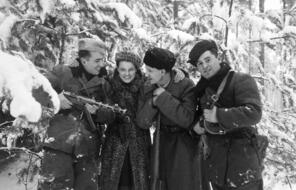Resource Library
Find compelling classroom resources, learn new teaching methods, meet standards, and make a difference in the lives of your students.
We are grateful to The Hammer Family Foundation for supporting the development of our on-demand learning and teaching resources.

Introducing Our US History Curriculum Collection
Draw from this flexible curriculum collection as you plan any middle or high school US history course. Featuring units, C3-style inquiries, and case studies, the collection will help you explore themes of democracy and freedom with your students throughout the year.
3286 Results
Developing Student Agency through History and Literature: Middle School Curriculum
Lead middle school students in an 18-week study of identity, membership and belonging, and civic participation through analysis of historical case studies and literature.
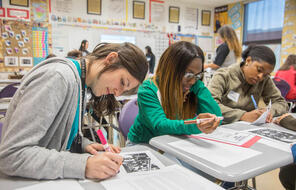
Defying the Nazis: The Sharps’ War
These lesson plans use the Ken Burns’ documentary "Defying the Nazis: The Sharps’ War" to explore what motivated Waitstill and Martha Sharp to help refugees.
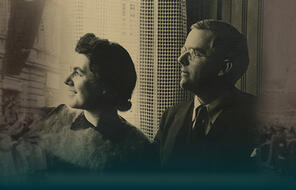
Racialized Antisemitism
Examine how racialized antisemitism has impacted Jews and Jewish communities over the past few centuries with the resources in this collection.
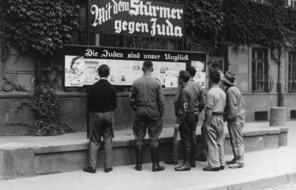
Antisemitism Today
Help equip students to recognize contemporary manifestations of antisemitism and their origins using these resources.
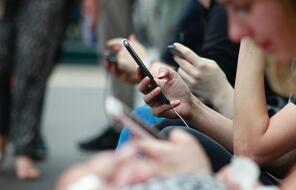
Addressing Current Events in the Classroom
Get resources for addressing troubling antisemitic incidents persisting around the world today with your students.

Educator Resources for New England Holocaust Memorial
A curation of educational resources for school groups visiting the New England Holocaust Memorial.
Coming of Age in a Complex World
Developed for grades 6–12, this modular collection invites students to explore the complexity of identity and develop a sense of agency as they reflect on what it means to grow up in the world today.
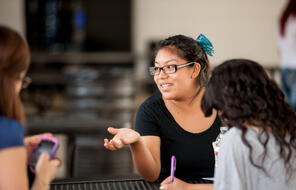
Being Seen: Becoming Who You Want to Be
Designed for students in grades 6-7, this text set includes lesson plans and multi-genre texts for a two-week unit exploring the essential question “How do we become who we want to be in the world?”
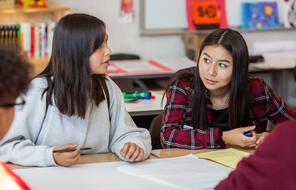
Discussing Race and Racism in the Classroom
This unit is designed to help teachers in the UK have conversations about race with their students in a safe, sensitive, and constructive way.
Teaching Schindler's List
Help your students be thoughtful, engaged viewers of Schindler's List with these lesson plans that foster reflection and make contemporary connections to the history.
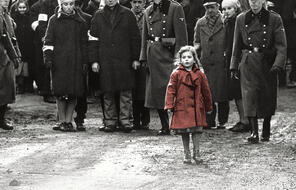
Explore the Partisans
Find interview transcripts, historical overviews, and primary source documents about a particular Jewish partisan or country.
